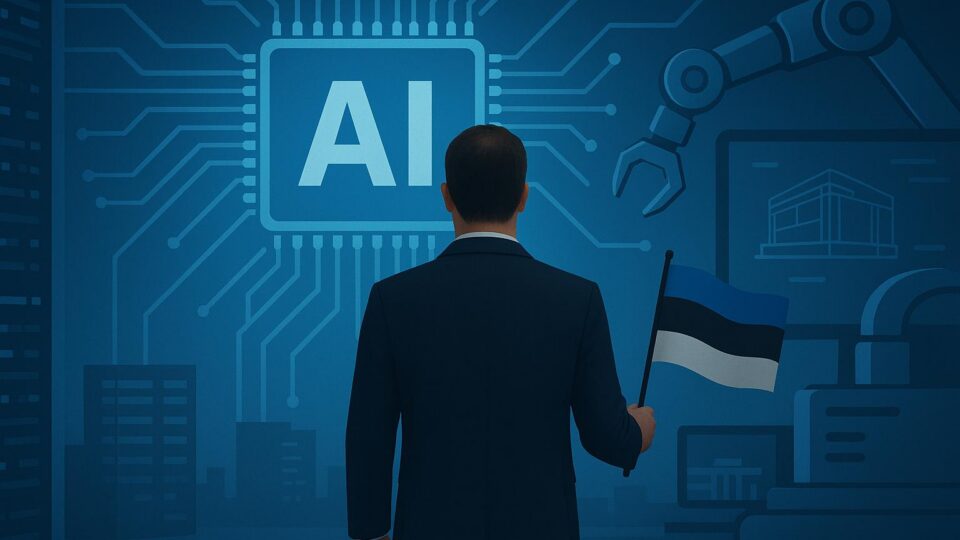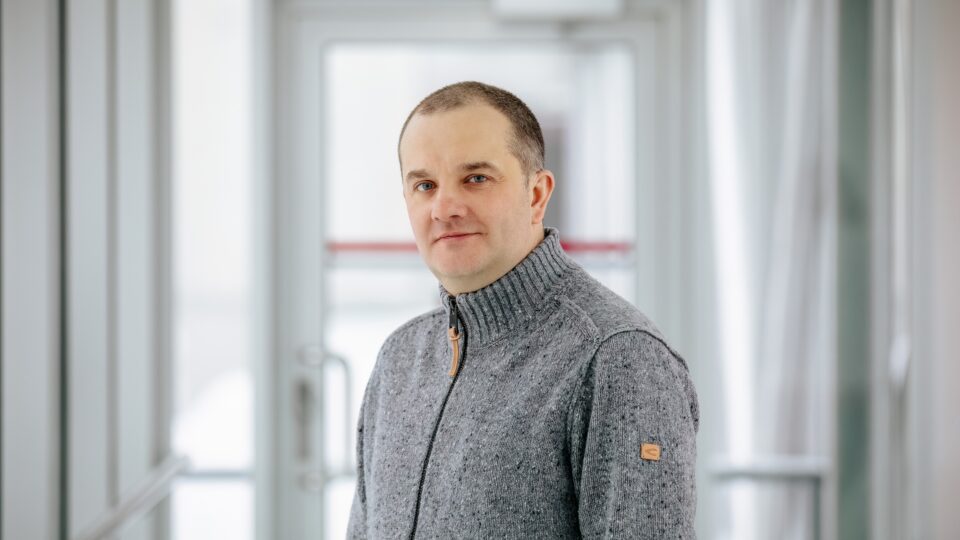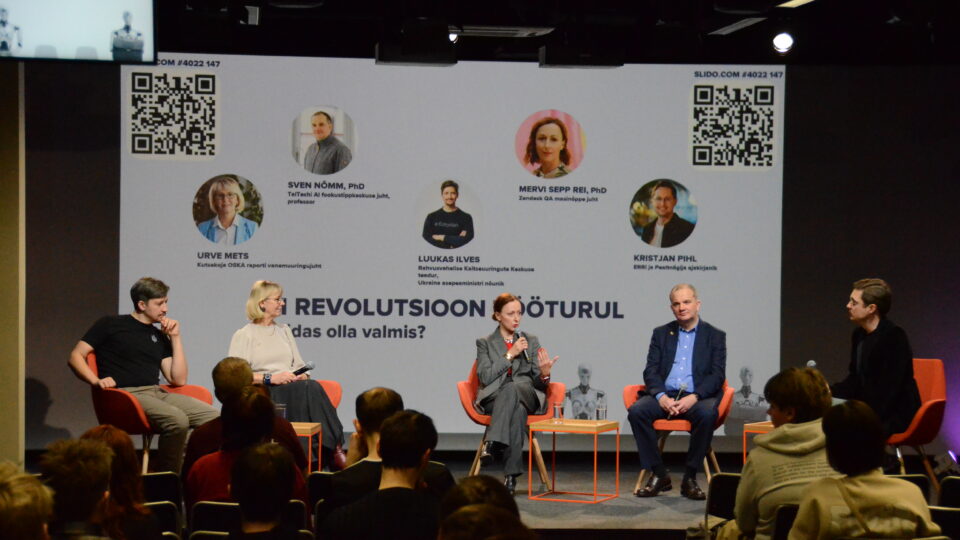When my daughter started first grade two years ago, I began to wonder: what are the skills that would allow her to succeed twenty years from now – in a world shaped by artificial intelligence? At first, soft skills came to mind – everyone wants to find friends, a good partner. But then doubts emerged.
After all, making and maintaining friendships is hard work – no one is perfect, and at times, you have to compromise, be a pleasant person yourself, and forgive. Not to mention a partner – staying together through having children, enduring the first years with them. Any long-term relationship is like a negotiation – only these negotiations stretch over years, sometimes even decades. Will our children even want to engage in this struggle?
The cult of reason has given us artificial intelligence, not artificial emotion
We should not forget that we were raised in a cult of reason – and this belief in reason has given us, among all other discoveries and inventions, artificial intelligence. Specifically, artificial intelligence, not artificial emotion or artificial intuition.
Just as gods have always been in the image of humans, we want artificial intelligence to be human-like – but are humans really as rational beings as we like to think? Perhaps we are driven much more by emotions, by affects – using reason not to control these emotions, but rather to justify them, to explain our often hard-to-understand actions.
But what if our children have a choice? Instead of an emotional human, they could have a much calmer alternative: an always rationally empathetic, friendly, never-tiring artificial intelligence. (Of course, we cannot rule out the possibility of an artificial intelligence version with a complexity of connections capable of producing impulses similar to intuition or emotions – a fear already expressed by Stanley Kubrick in his legendary film “2001: A Space Odyssey.”)
But what if our children have a choice? Instead of an emotional human, they could have a much calmer alternative: an always rationally empathetic, friendly, never-tiring artificial intelligence.
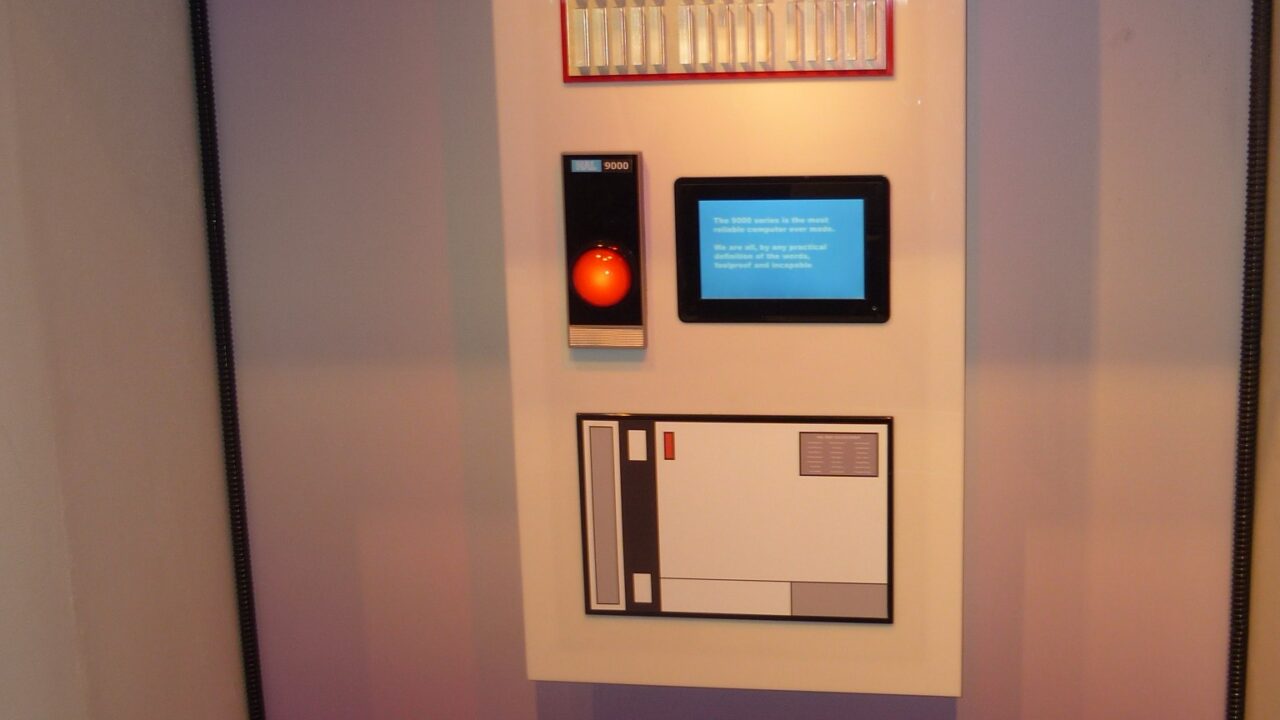
HAL 9000 is a sentient artificial intelligence and the main antagonist in the film "2001: A Space Odyssey," controlling the spacecraft's systems and interacting with the crew. Pictured is a replica of HAL 9000 at the Carnegie Science Center exhibition.
Anyway, the world in which our children will live twenty years from now may differ significantly from today. But that’s how it goes – if our great-great-grandparents were to look down from the clouds, today would probably shock them: no one goes to church, same-sex marriage is allowed.
Of course, we don’t realize that something similar will likely happen to us one day. We might look down – compulsory schooling lasts three years, and two of those are dedicated to video game education – what nonsense is this?! But maybe they will quite like it.
If we look back at history, school has always been a difficult place – those who have read Aleksis Kivi’s Seven Brothers might remember how hard it was for the boys, who resembled shaggy little bears, to learn the alphabet, and how much hair was pulled from their heads in the process. True, the brothers’ connection to the ABCs was not as natural and inevitable as today’s children’s relationship with all kinds of touchscreens. Today’s children learn new technology not during their free time from games, but during games themselves – playing and learning playfully.
Education and culture may not necessarily be doomed to retreat before technological progress. Even if they are, some changes will be slow – we have enough cultural inertia.
In fact, we have some historical examples where at least some class of people was relatively free in their pursuits. Take, for instance, the patricians of ancient Rome – a social class with considerable freedom and leisure time thanks to slave labor. Art and culture flourished, some people were free to engage with them, and they did. At least some of them. By the way, the term “patronage” comes from the name of Maecenas, who supported Horace and Virgil during the reign of Augustus.
But surely, education and culture are facing changes whose scale and nuances we cannot yet imagine. In antiquity, clients freed the upper classes from some tedious tasks – artificial intelligence is set to play the same role in our society, and in some ways, it already does.
In antiquity, clients freed the upper classes from some tedious tasks – artificial intelligence is set to play the same role in our society, and in some ways, it already does.
But the question is: to what extent and in what way will artificial intelligence begin to replace the need for intellectual work? Why should I buy an expensive painting from an artist if my computer can generate a similar image in seconds? It is worth remembering that the AI question gained traction precisely through experiments where musical pieces created by a composer and a computer system were placed side by side, and people were asked to guess which was which – and they often guessed wrong.
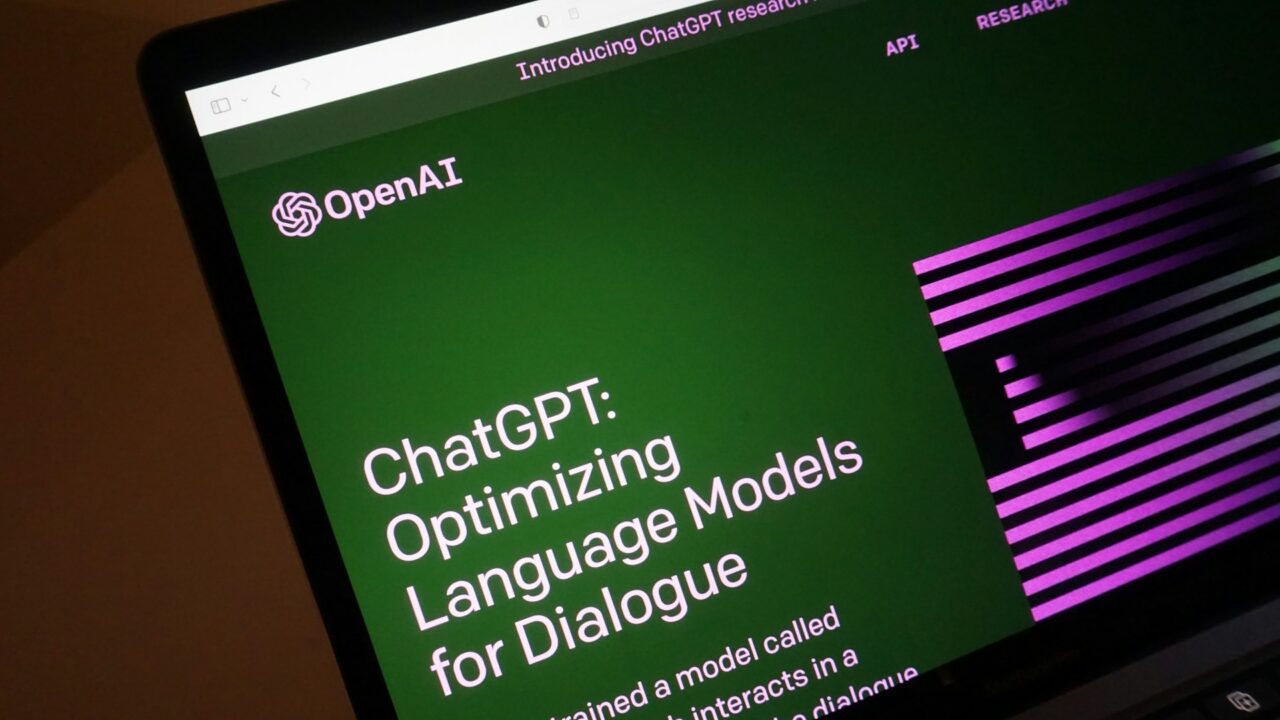
Artificial intelligence will become smarter than even the smartest human in the coming years. Photo: Rolf Van Root/Unsplash
Intelligence becomes a commodity
Technological breakthroughs do not bring only positive changes. Right now, it seems that technological progress is moving so quickly that it will be genuinely challenging to adapt to all the shifts and turns, to smoothly embrace all the changes that come with them.
Compared to the arrival of electricity or even the internet, keeping pace with technology now requires much faster adaptation. The pressure to adapt will be significant at both the individual and societal levels. Education, the job market, media, and perhaps even our everyday communication and thinking could change radically.
I have often been asked when artificial intelligence will become smarter than humans. My answer has always been that it largely depends on the person. For some, the bar is set pretty low. But artificial intelligence will become smarter than even the smartest human in the coming years. Intelligence will become cheap, turning into a commodity – like the internet or electricity. And this will lead to significant changes in almost everything we do.
Artificial intelligence will become smarter than even the smartest human in the coming years. Intelligence will become cheap, turning into a commodity – like the internet or electricity.
Adapting to this starts with our steps today. Artificial intelligence can already significantly assist each of us. This means we should begin linking our intelligence with that of artificial intelligence, learning its language. We should start using it gradually – in my experience, the longer a person has used a mechanism or system, the more efficiently and smoothly they use it.
With artificial intelligence, we can learn what it is good at and where it still has shortcomings. And if we do stumble upon these shortcomings, we know that they may be overcome in just a few weeks.


